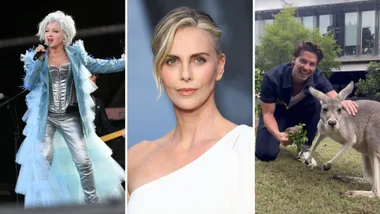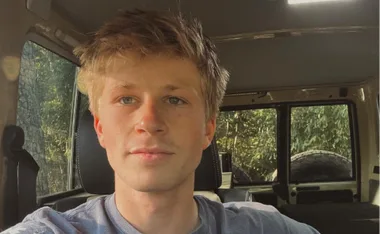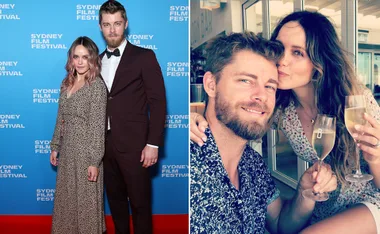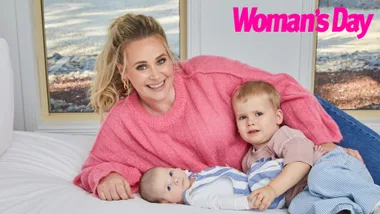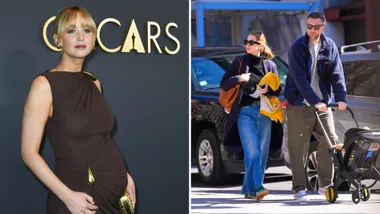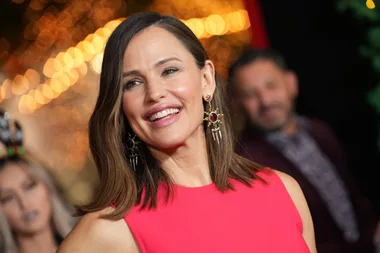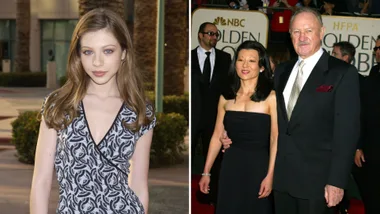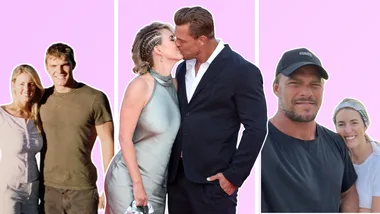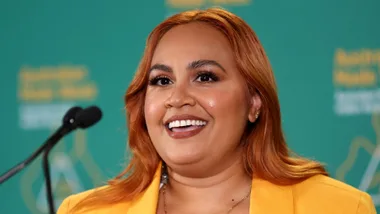Blessed is based on the award-winning Australian play, Who’s Afraid of the Working Class?, which is a collection of four short, loosely overlapping plays, written by award-winning writers.
The short plays in Who’s Afraid of the Working Class? were Trash, written by Andrew Bovell (who also wrote the screenplay for Lantana, and the play on which it was based), Suit by Chris Tsiolkas (author of The Slap), Money by Patricia Cornelius (playwright of Love) and Dreamtown by Melissa Reeves (playwright of The Spook).
Anna Kokkinos’ third feature film (one she will be proud of) invites the audience into the lives of four working-class mothers and their children. The movie is structured to review a day from each of their different perspectives, firstly the children and then their mothers.
The children include Roo (Eamon Farren), a young son who runs away from home and ends up making a film of a different nature; Daniel (Harrison Gilbertson), who’s accused of stealing from his mother; Trisha (Anastasia Baboussouras) and Katrina (Sophie Lowe) go shoplifting and end up being interviewed for a greater crime; while Orton (Reef Ireland) is found by sister Stacey (Eva Lazzaro), who joins him on the streets, escaping lives of abuse.
Then we see the mothers: Bianca (Miranda Otto), the single, unemployed mother with a gambling addiction; Rhonda (Frances O’Conner), the welfare mother, pregnant and drunk again; Gina (Victoria Haralabidou), the hard-working Greek mother with a gay son and rebellious daughter; and Tanya (Deborra-Lee Furness), the tireless nurse who takes on extra work on the side.
When firmly entrenched on the fringes of Australian society, it is easy to fall into caricature. But we’re saved by some powerful acting and direction which add depth. Frances O’Conner is amazing as Rhonda, and it would have been intriguing to see what she could do with the play’s monologues. The story of her children is the strongest. Miranda Otto seems too luminous and carefree to be convincing as the gambling mother, but she brings a delicate frailty to the character and really complements her daughter, played by Sophie Lowe — who is making a name for herself and in Beautiful Kate.
You can see the virtue of having talented writers dedicated to each storyline. The story of Daniel and Laurel (Monica Maughan), the old lady he robs, surrounded by books by Lenin and Dostoevsky, works beautifully as a scene on its own. And there are so many more scenes that delve into the depths and hearts of these characters. Deborra-Lee Furness gives a sterling performance as does Victoria Haralibidou (who also starred in Brides) although she seems too young to act in such a traditionally migrant way. Anastasia Baboussouras as her daughter Trisha, gives a spirited performance as her feisty daughter.
There isn’t a bad performance in the film. Reef Ireland and Eva Lazzaro are taught and true as the runaway children. William McInnes does well in his few scenes, as does Wayne Blair, although his Aboriginal character has been truncated. There is more understatement than explanation in this film, and the lack of meaningful adult male roles will make men feel uncomfortable, but this is a movie about mothers and their children, and there are no angels here.
Blessed carries a great deal of emotional wallop and is more coherent and cogent than these type of multi-story films usually are. These are stories from the street, tales of urban struggle and decay, with touches of redemption and sparks of hope. These are people we often walk by — and avoid. After seeing this movie, when you reach the sanctity of your own home, you will feel blessed, as you will have been hit by a movie with a powerful heart — one of the finest Australian movies of the year.

